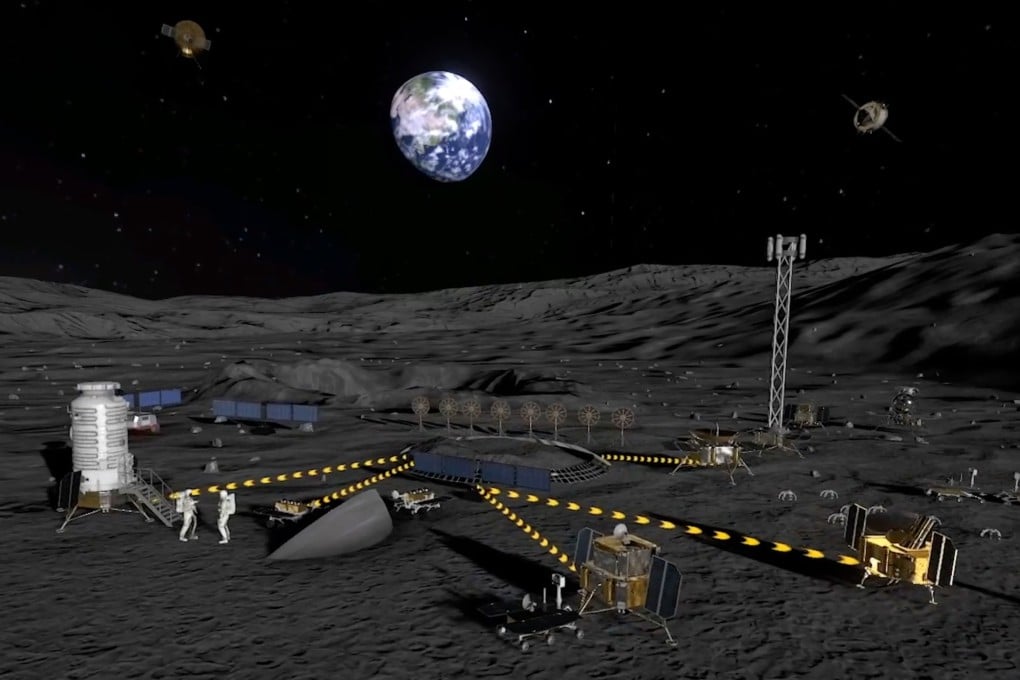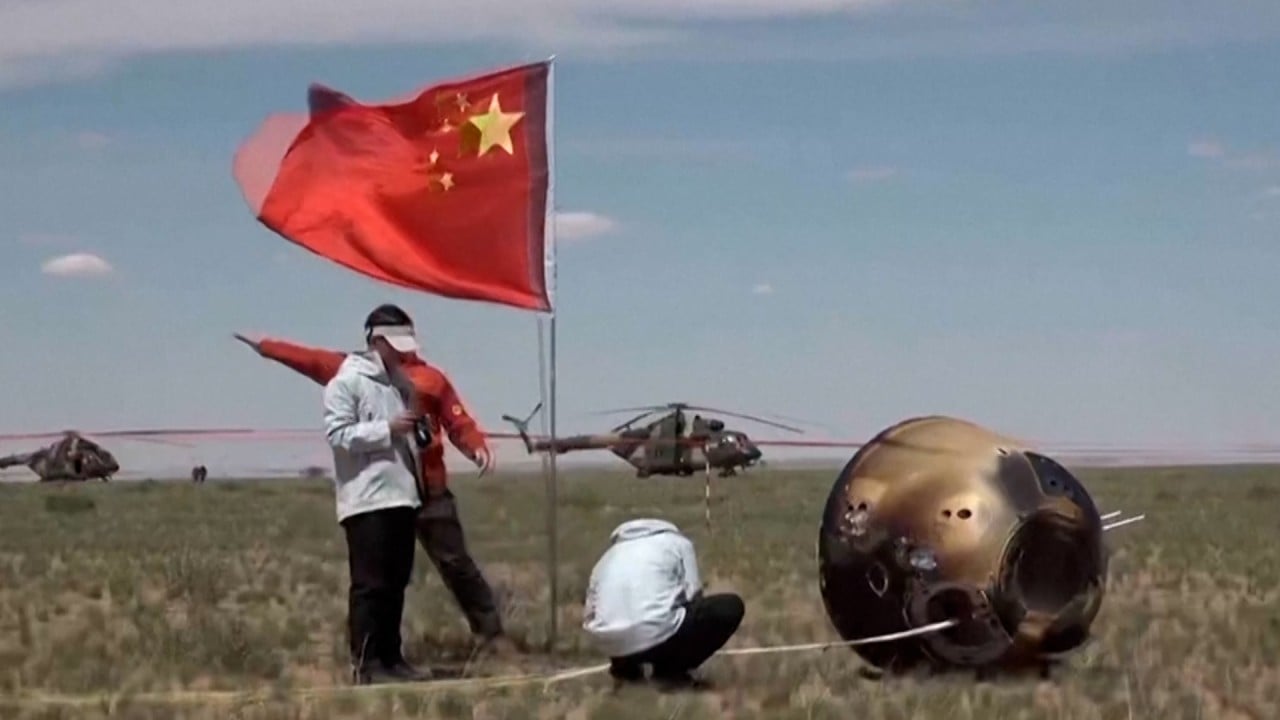Details of China’s lunar station revealed as project expands with a dozen new partners
Deep space conference in China told that by 2050, ILRS will expand into research network at south pole, equator and far side of moon

By 2050, the ILRS will expand into a network of research facilities at the moon’s south pole, equator and far side.
First proposed by China and Russia in 2017, the ILRS initiative aims to establish an expandable platform for scientific research and resource use on the moon, featuring long-term autonomous operations with short-term human participation.
Often seen as a rival to the US-led Artemis Programme, the project has received “widespread attention and positive responses” according to the China National Space Administration (CNSA). Dozens of state and sub-state entities have already signed cooperation agreements to work with China on the ILRS.
On Thursday, Senegal became the latest country to join, following commitments to take part from Russia, Venezuela, Belarus, Pakistan, Azerbaijan, South Africa, Egypt, Nicaragua, Thailand, Serbia and Kazakhstan.

